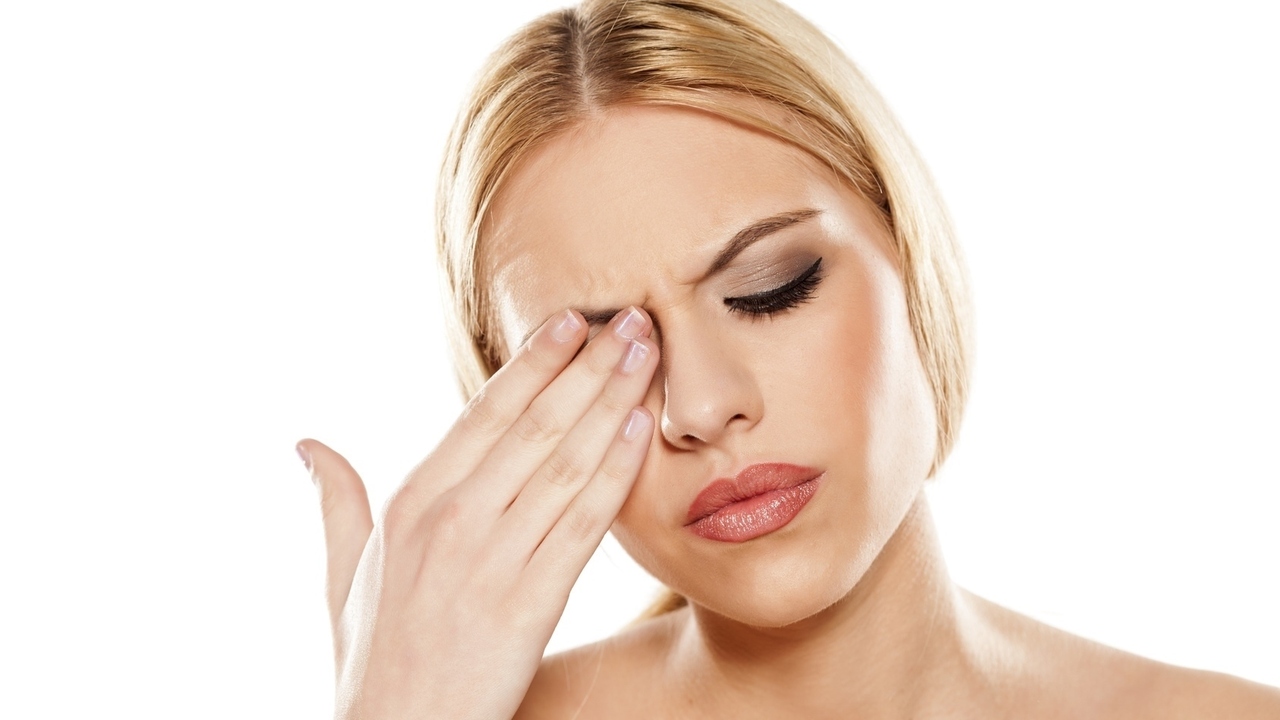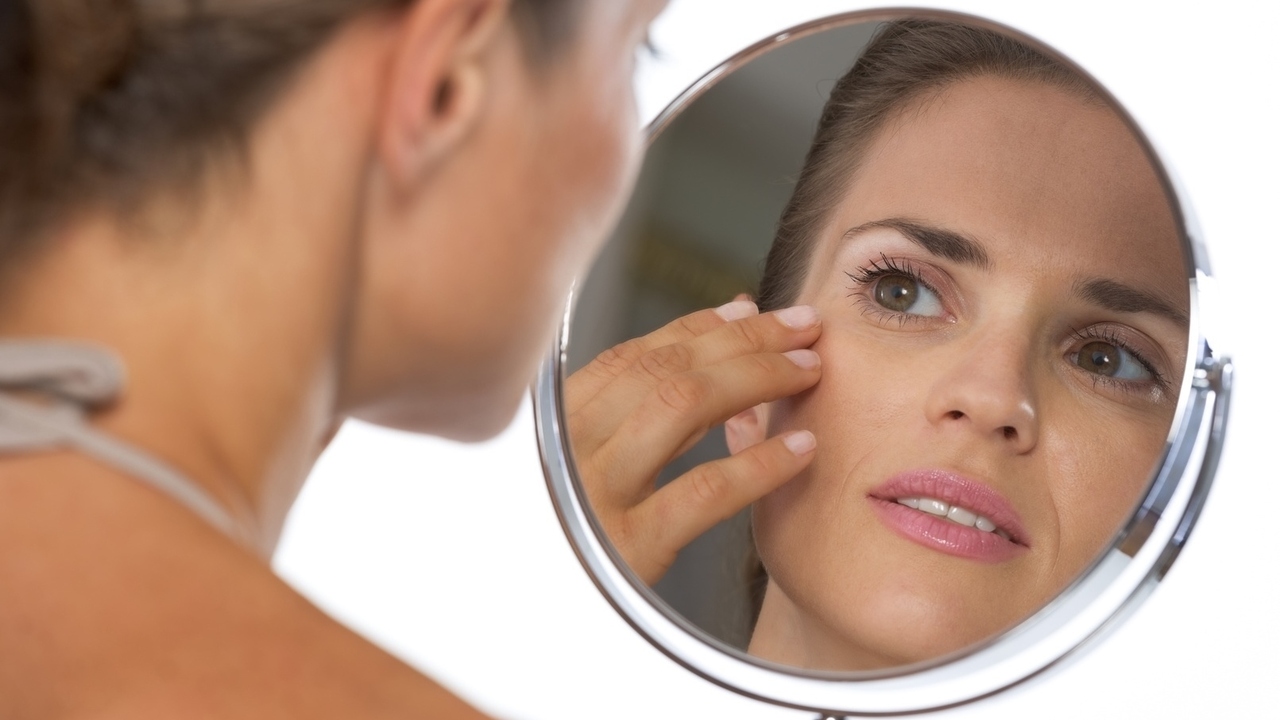 Photo: Getty Images
Photo: Getty Images
The "right" pair of sunglasses can make you feel ever so cool. Just make sure they are right in more than just looks. Invest in a pair that will protect your eyes from damaging UV rays.
UV radiation can cause damage to the cornea, lens and other parts of your eyes. A day in the sun can leave you with a burned cornea or two. More long-term sun exposure can result in clouding of the lens of your eye, blurring vision, and can lay the groundwork for some types of cataracts.
Sunglasses should have information on their labels about UV protection. The Mayo Clinic recommends that you wear sunglasses blocking 99 to 100 percent of UVA and UVB rays from the sun.
Bigger is better since larger glasses cover a greater area of your face. Wraparound is best.
Sunglasses come in a vast array of styles, shapes and colors. It can be confusing to determine which is your best choice.
Be aware that not all sunglasses offer UV protection. For instance, polarized lenses reduce glare and may seem like a good choice because of this. But unless the label tells you that they offer UV protection, they aren't going to do the job.
Photochromic lenses also reduce glare and adjust to changing light conditions. But once again, unless they are specifically labeled as offering UV protection, they do not offer this feature.
Mirror-coated lenses can block light, but don't block the invisible UV rays unless they are labeled so.
Polycarbonate lenses on the other hand do offer protection from UV rays, as well as protecting against injuries that can occur due to the impact from physical activities like sports.
You may be able to have your prescription glasses treated in such a way as to build UV protection into your glasses. UV protection can also be found in some contact lenses. Keep in mind though that this protection only affects the area covered by the lenses.
If you can get your kids into the habit of wearing sunglasses while they're young, this can help to keep their eyes healthy, and help prevent the cumulative damage that may otherwise affect their unshielded eyes through later years.
Wearing sunglasses yourself will serve double duty, first for yourself and second -- hopefully -- for your children. If they see you automatically grabbing your shades anytime you go outside, your kids may follow suit, possibly for the rest of their lives. Not a bad legacy to pass on to the next generation.
Resources
When you're choosing sunglasses, does UV protection matter?
http://www.mayoclinic.com/health/uv-protection/AN00832
Use Protective Eyewear for Kids
http://kidshealth.org/parent/firstaid_safe/outdoor/sun_safety.html#
Skin Cancer: Prevention
http://www.cdc.gov/cancer/skin/basic_info/prevention.htm
Visit Jody's website and blog at http://www.ncubator.ca and http://ncubator.ca/blogger




Add a CommentComments
There are no comments yet. Be the first one and get the conversation started!